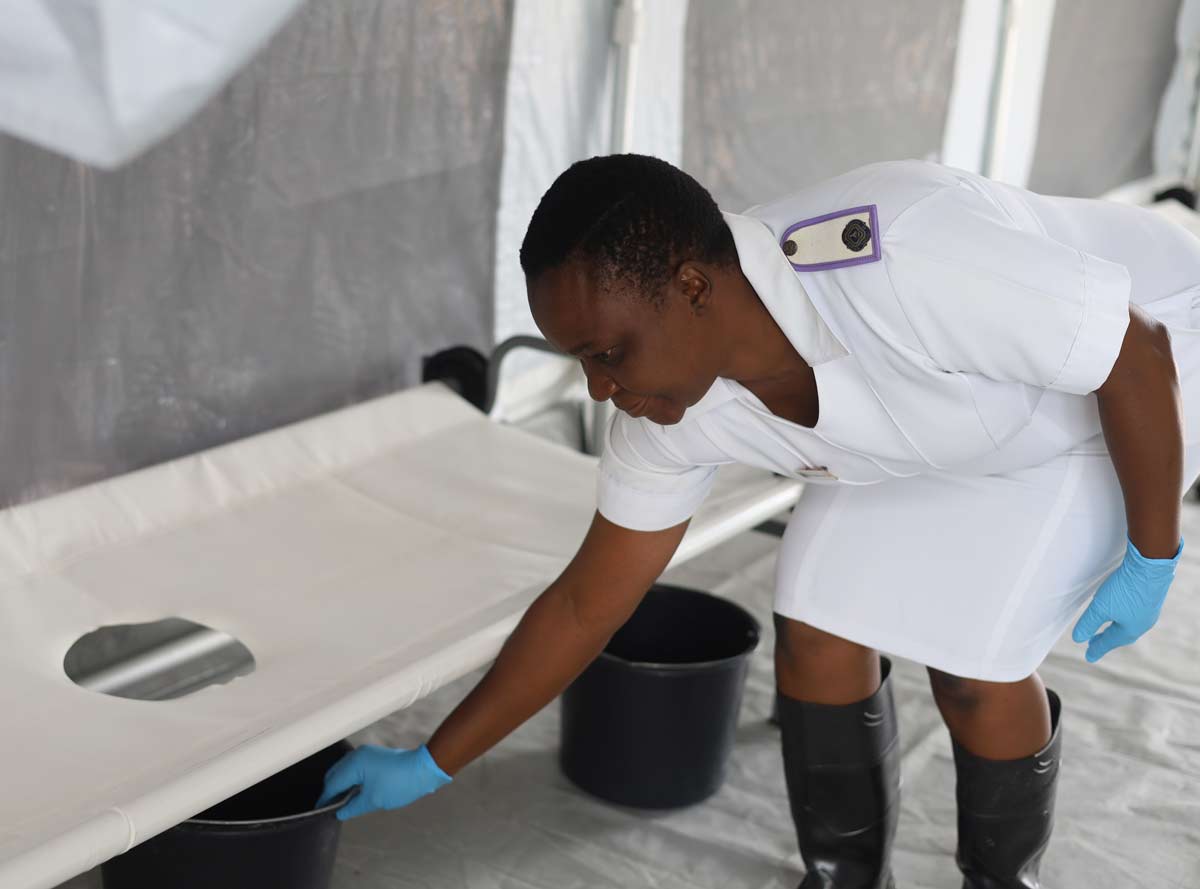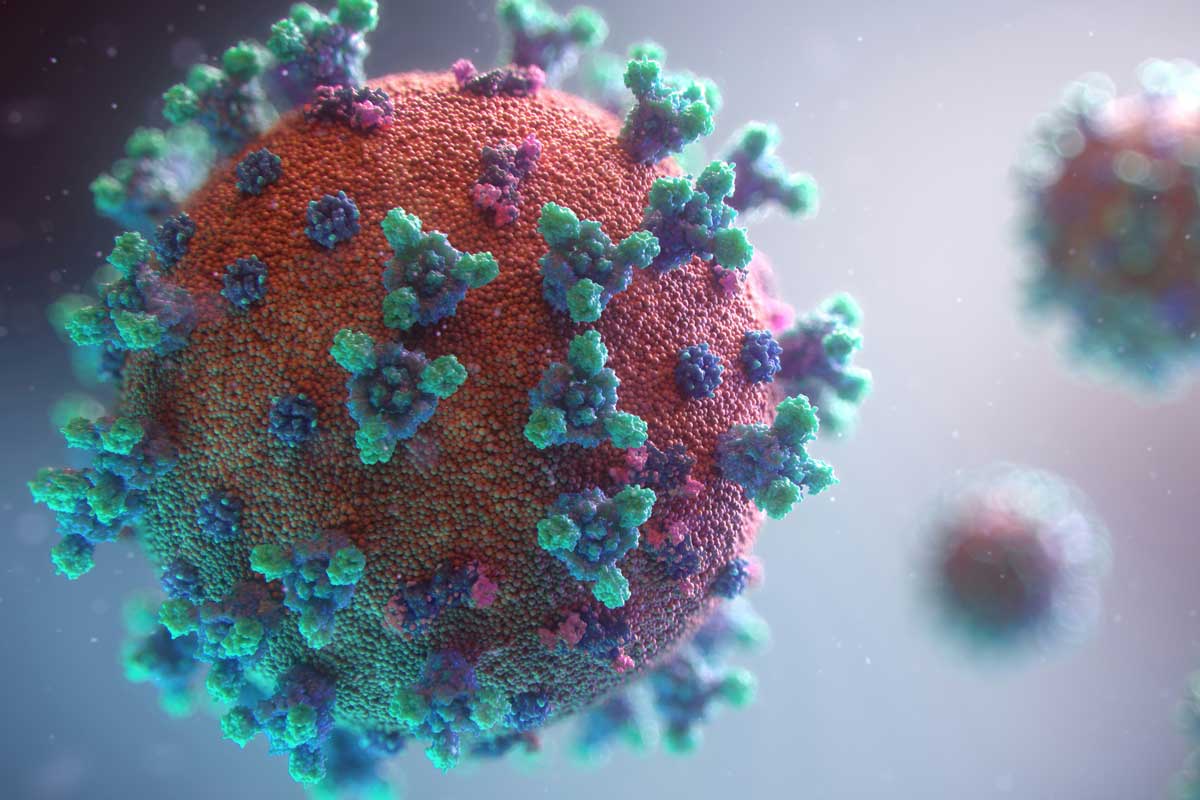Mental health conditions raise risk of Long COVID
New data indicates that people reporting depression, anxiety and stress before a COVID-19 infection are 50% more likely to report Long COVID symptoms.
- 14 September 2022
- 3 min read
- by Priya Joi

What is the research about?
Around one in eight people who get COVID-19 go on to develop Long COVID – post-infection symptoms persisting for at least a month. Yet the risk factors for developing Long COVID have not yet been clearly defined. Long COVID symptoms vary between people but they include mental health symptoms – such as brain fog, depression, anxiety and insomnia – as well as physical symptoms such as muscle ache and extreme fatigue.
Those who had two or more types of mental distress prior to infection were at nearly 50% increased risk for post-COVID-19 conditions.
A new study, published in JAMA Psychiatry, sought to understand whether high levels of psychological distress before SARS-CoV-2 infection, demonstrated by depression, anxiety, stress and loneliness, are associated with an increased risk of developing Long COVID.
What did the researchers do?
The researchers collated data from three large ongoing, predominantly female US cohorts: Nurses’ Health Study II, Nurses’ Health Study 3, and the Growing Up Today Study. A baseline survey was done in April 2020 and participants were included if they had no current or previous SARS-CoV-2 infection at the initial survey. They were regularly surveyed until November 2021 and included in analysis if they had a COVID-19 infection in the follow-up period.
What did they find?
The study found that of 54,960 participants, 38.0% (n = 20,902) were active health care workers and 96.6% (n = 53,107) were female; the average age was 57.5 years. A total of 3,193 participants reported a positive SARS-CoV-2 test result during follow-up and were included in the analysis.
Have you read?
Of participants who reported a positive SARS-CoV-2 test result during follow-up, 43.9% (n = 1,403, including 35 men) reported Long COVID symptoms. Among these, 86.9% (n = 1,219) reported symptoms lasting two months or longer, and 55.8% (n = 783) reported at least occasional daily life impairment related to Long COVID symptoms.
Depression, anxiety, worry about COVID-19, stress and loneliness were all associated with an increased risk (32% - 46%) for Long COVID. Those who had two or more types of mental distress prior to infection were at nearly 50% increased risk for post-COVID-19 conditions.
What does this mean?
The researchers posit that inflammation and immune dysregulation could be the link between pre-infection psychological distress and Long COVID in some people. “Distress is associated with chronic systemic inflammation, resulting in sustained production of proinflammatory cytokines,” they say. “Inflammatory cytokines have been proposed as possible causes of respiratory, neurological, cardiovascular, muscular, and gastrointestinal long-term COVID-19 symptoms. In addition, stress activates the hypothalamic-pituitary-adrenal axis, which can lead to chronic immune suppression.”
However, they are keen to emphasise that their results are not misinterpreted as “supporting a hypothesis that post–COVID-19 conditions are psychosomatic.” More than 40% of participants who developed Long COVID had no mental distress at baseline.
As the participants were predominantly white, female health workers, the potential to generalise these results are limited, but they are important in understand potential risk factors for Long COVID. They would now like to see whether interventions to reduce psychological distress help prevent or treat symptoms related to Long COVID.
More from Priya Joi
Recommended for you









